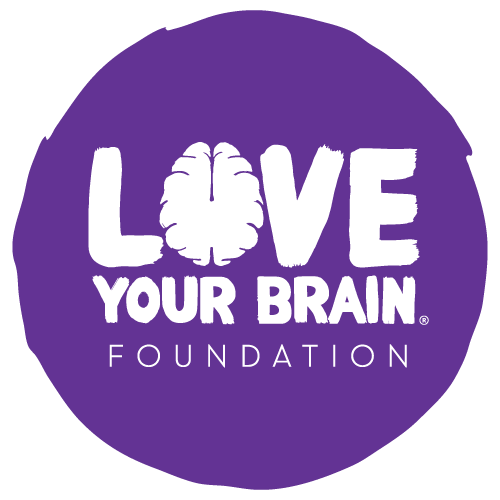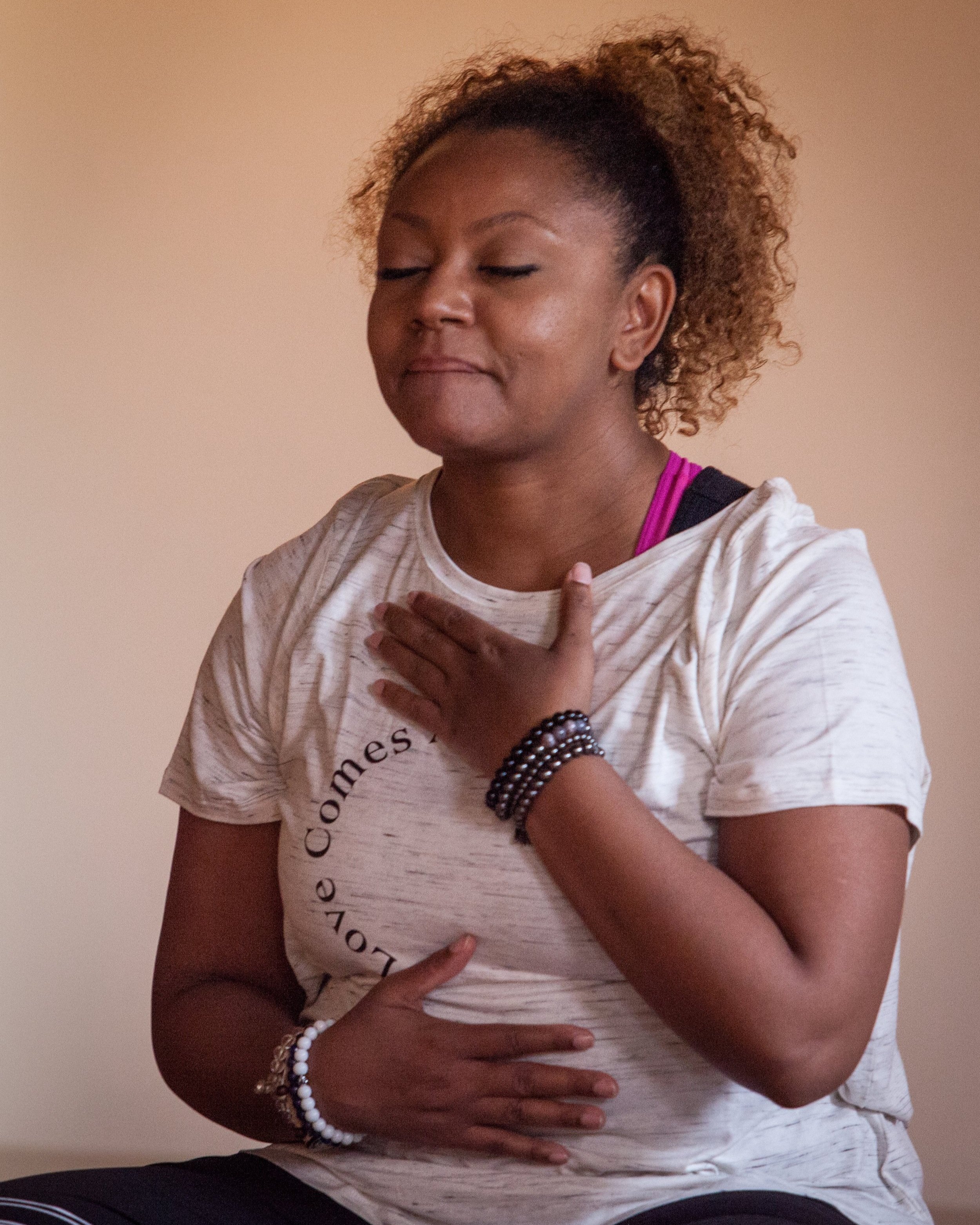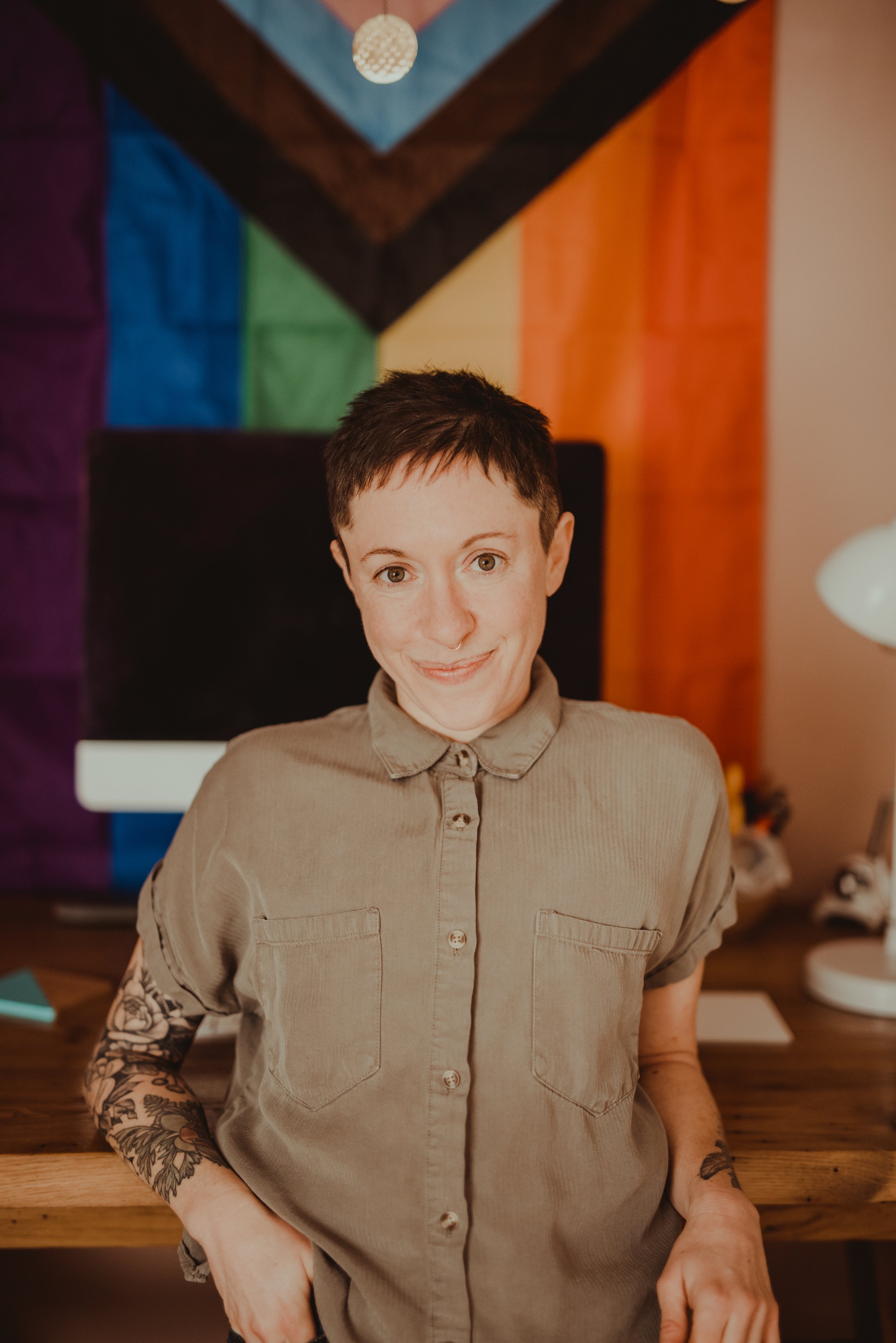Diversity, Equity, Inclusion, Accessibility & Belonging
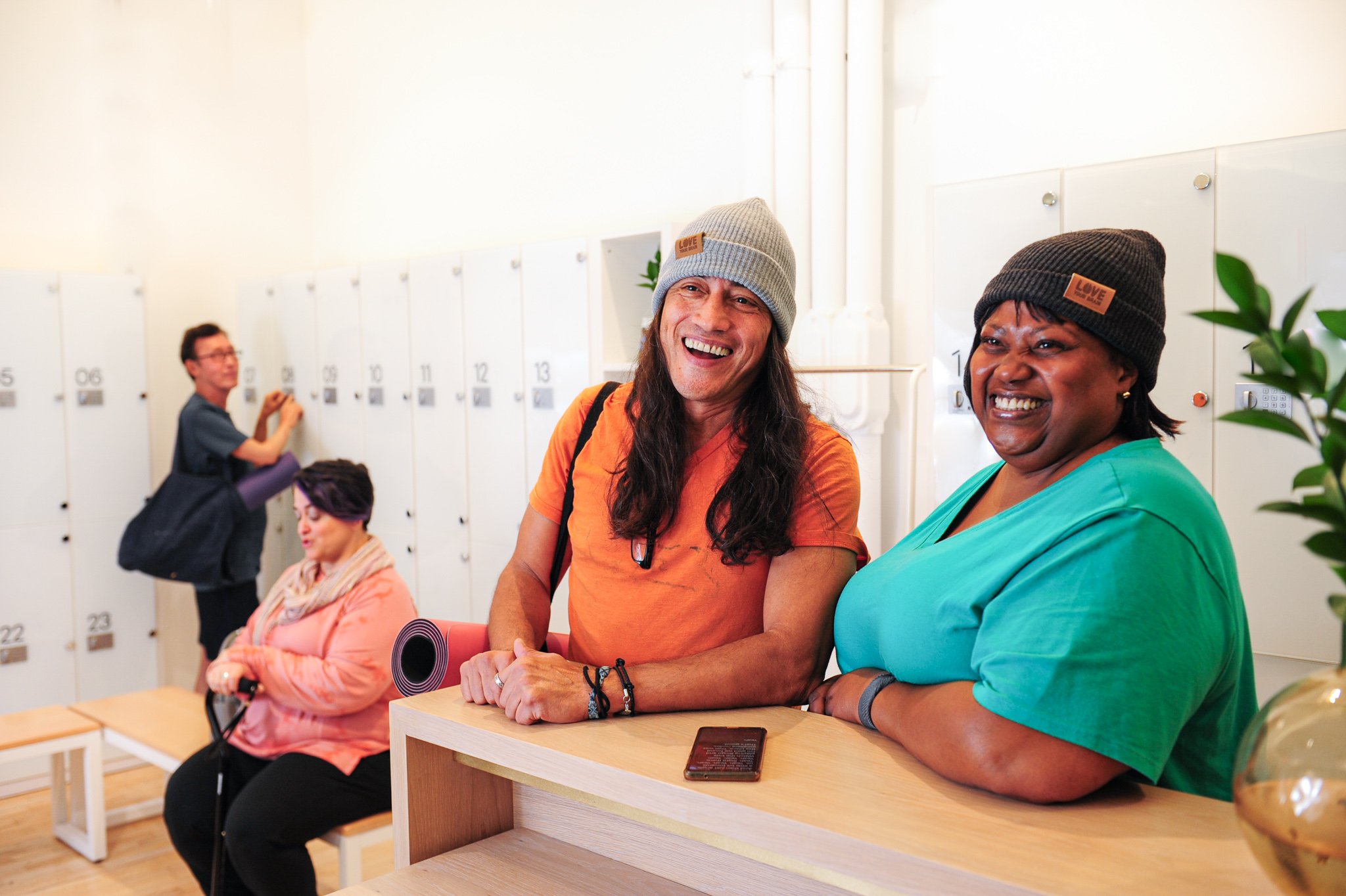
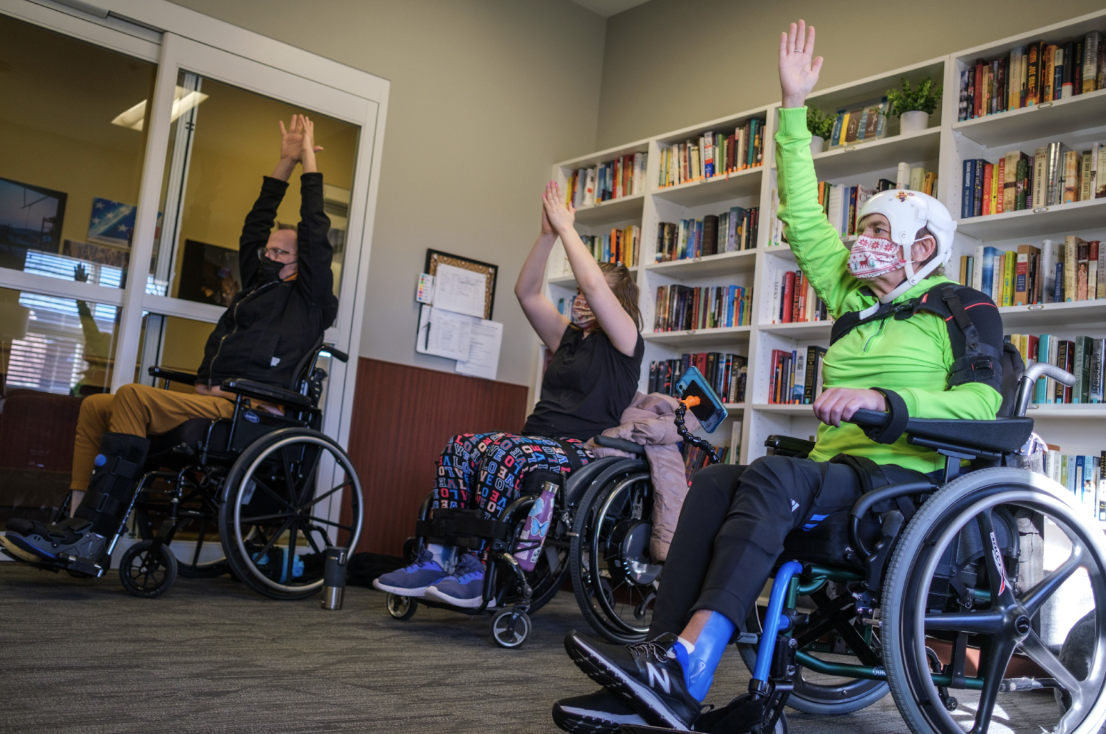
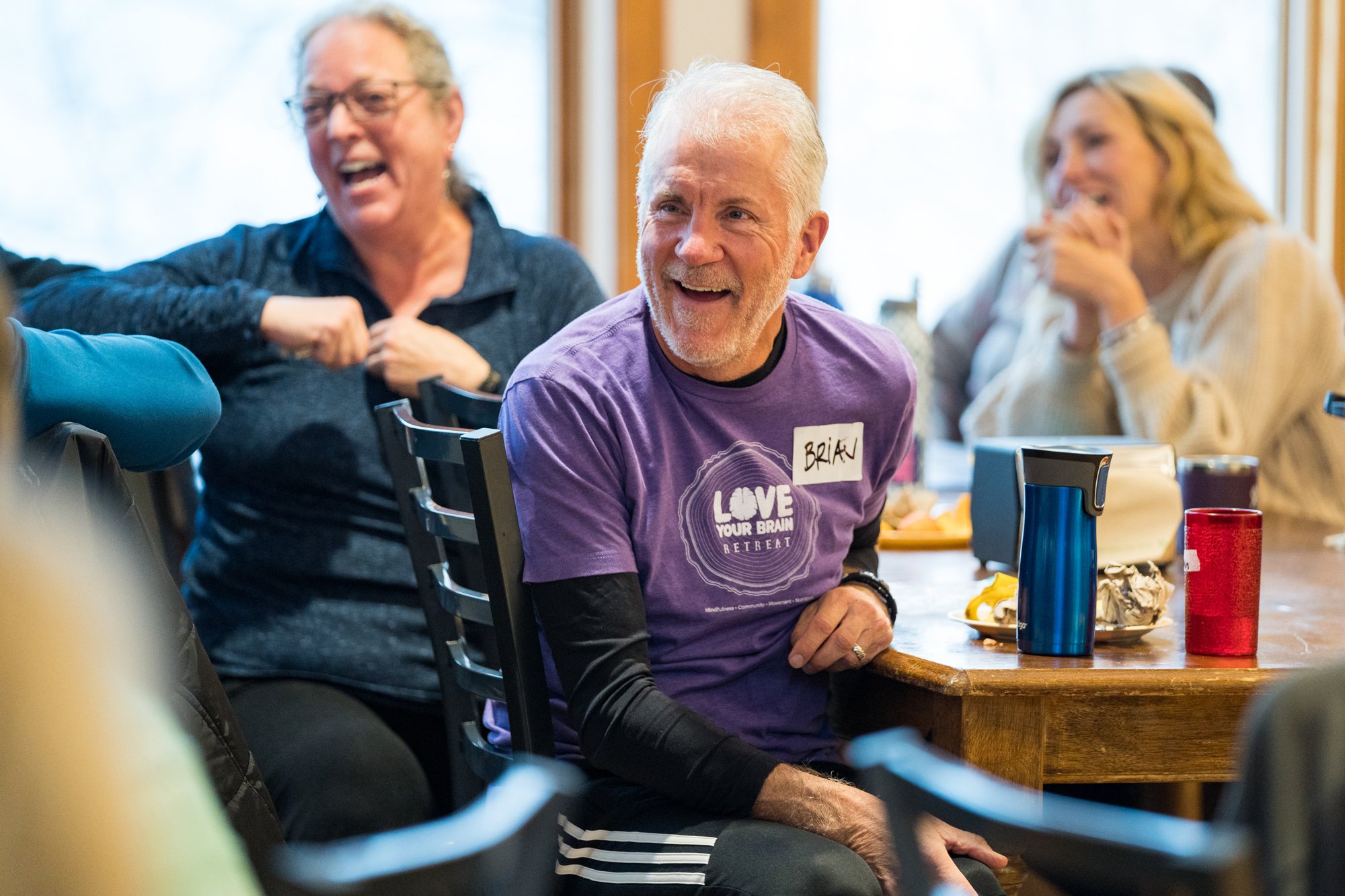
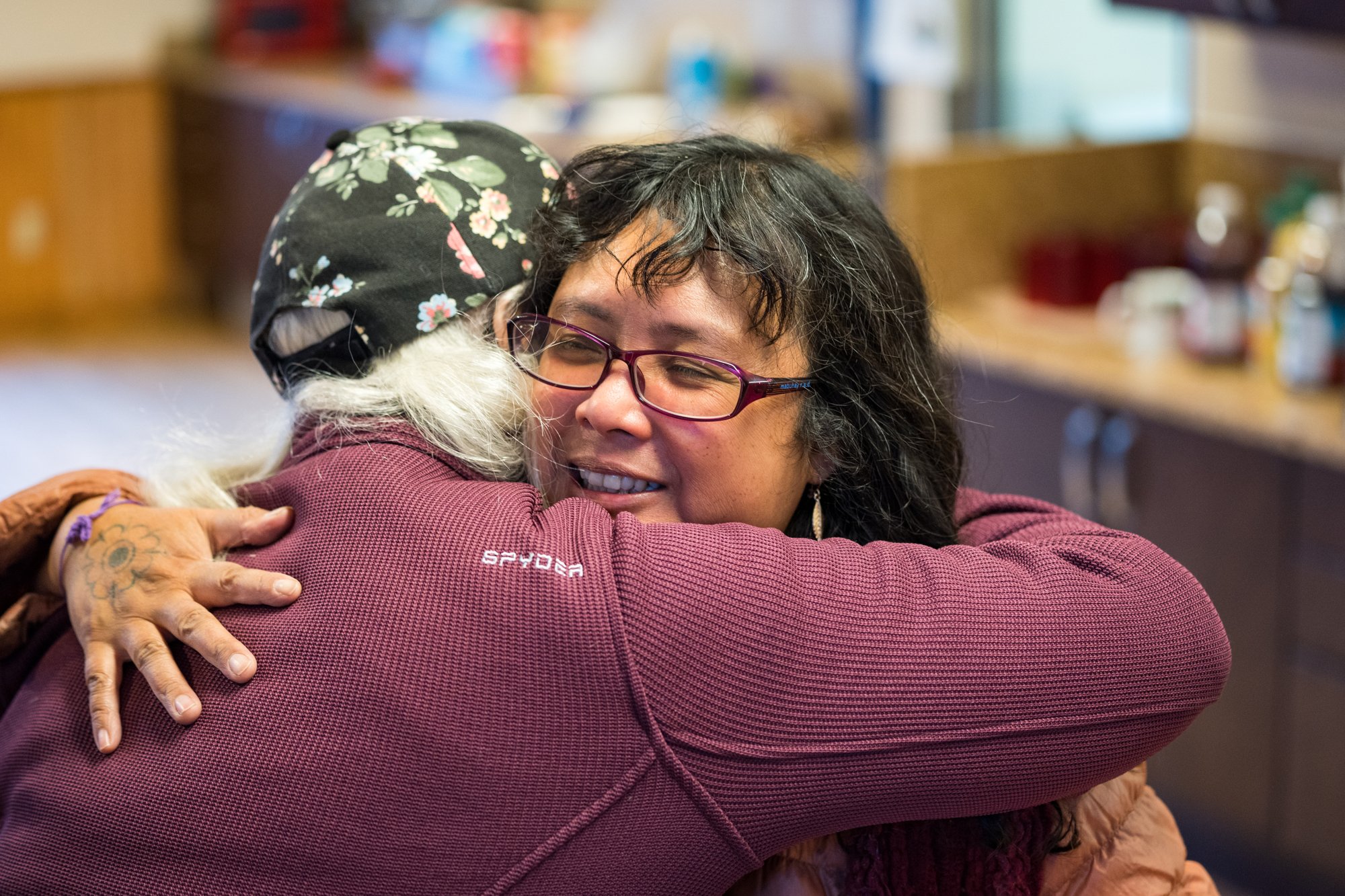
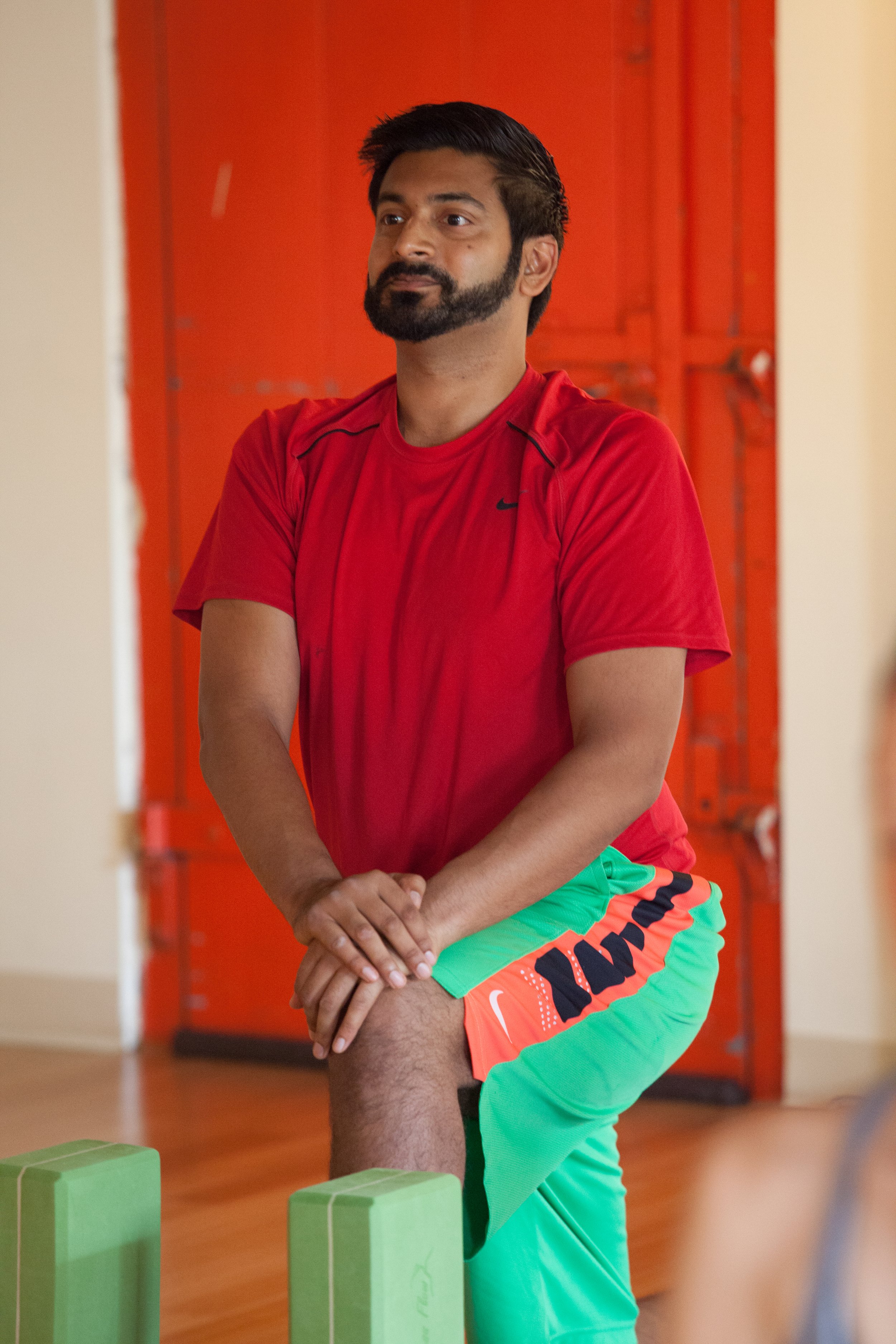
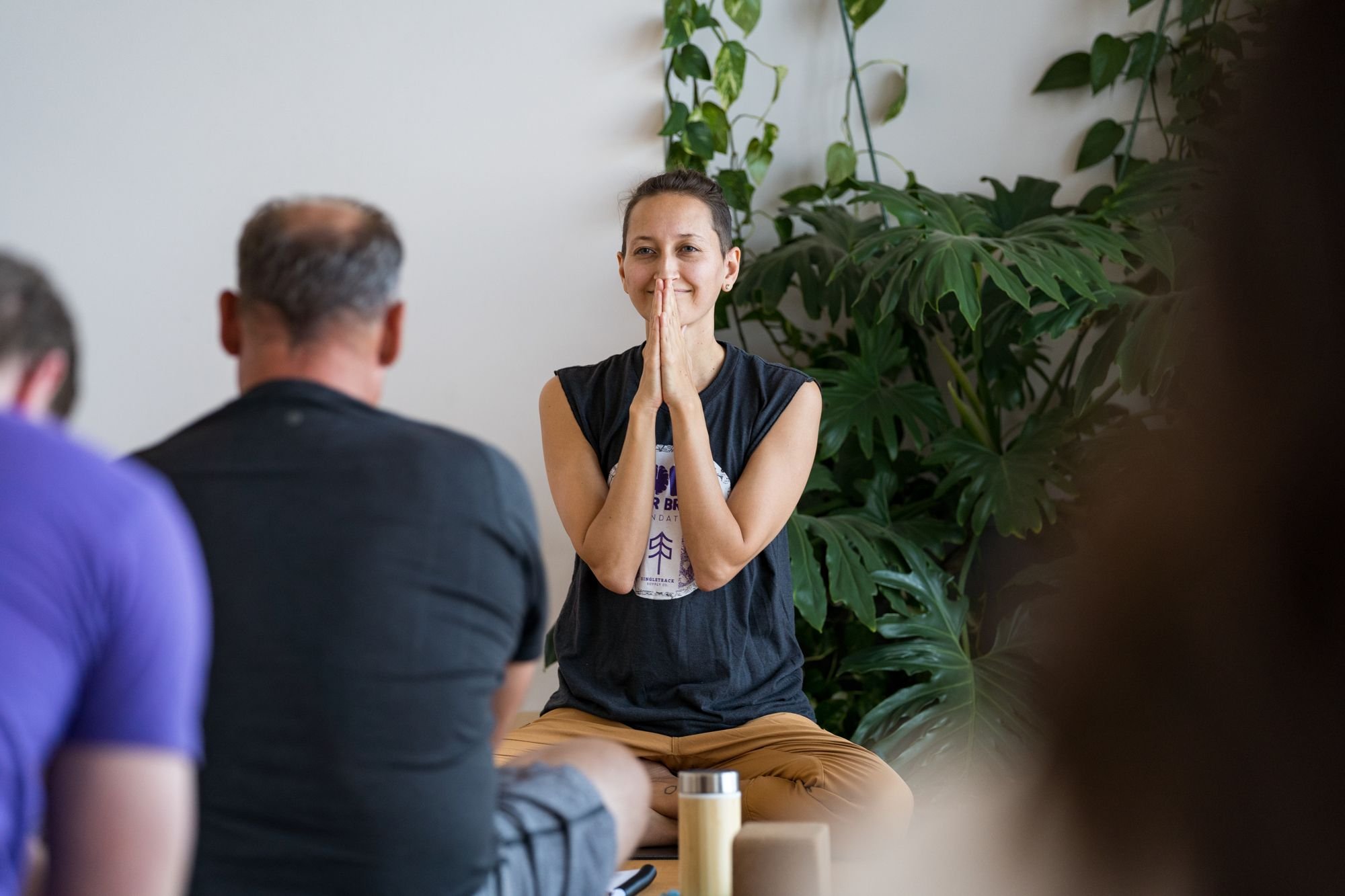
We believe it’s essential to commit to diversity, equity, inclusion, accessibility, and belonging (DEIAB) in our work and in our own bodies, minds, and hearts. In doing so, we strive to be in the practice of listening to understand, learning and unlearning, examining the role our power and privilege plays in our work and lives, trust and relationship building, preventing harm and calling each other in when it’s caused, and growing from the mistakes we have already and will continue to make.
In 2020, we began the practice of establishing yearly commitments to galvanize and hold us accountable, and share our learnings and progress along the way. Our work to advance DEIAB is multifaceted. While it has been led by a racial justice lens given the disproportionate impacts of traumatic brain injury (TBI) on Black, Indigenous, and People of Color (BIPOC) communities, we simultaneously prioritize DEIAB across many other intersections of oppression, including disability, socioeconomic status, gender identity, sexual orientation, age, and ethnicity.
How we got here
LoveYourBrain envisions a world where everyone affected by brain injury feels resilient, connected, and able to live fulfilling lives. Our vision was inspired by our co-Founders’ lived experience with TBI and with caregiving, which revealed that people in the TBI community are often isolated, disempowered, and lack appropriate care and support. Historically, our work has always focused on cultivating belonging and resilience among the TBI community at large. However, today we take into account intersectionality — how aspects of our identities combine to create different modes of discrimination and privilege. As individuals and as an organization, we continue to learn and believe our efforts to make meaningful and lasting change are inextricably linked to equity and social justice.
The murder of George Floyd on May 25th, 2020, compelled our white-led organization to take greater accountability for the racial inequity embedded in our society, systems, organization, and within ourselves. In the United States, which comprises the majority of our programs and participants, BIPOC individuals face a higher risk of experiencing TBI, greater barriers to accessing and receiving quality healthcare, and worse health outcomes. Race further compounds the TBI experience.
Our organization has and continues to benefit from white supremacy culture, in part due to our majority white founders, staff, and board whose social location gives us greater access to institutional power, safety, and opportunities. And as we recognize this culture, we believe our mission to improve the quality of life of people affected by TBI will be better realized by disrupting racism in all areas of our work, including our programs, fundraising, human resources, and partnerships, and by centering the BIPOC community. We commit to doing this for collective liberation - the liberation of all, including ourselves.
Learn more about these underlined phrases at the bottom of this page.
What we know
In 2023, we partnered with Ben and Jerry’s to show how racism makes TBI even more challenging for people of color.
Our Commitments
These commitments center racial, disability, LGBTQIA+, and economic justice, and our Progress and Learnings section below speaks to other aspects of DEIAB that we’ve prioritized.
We commit to:
-
2021 - 2026: We will increase representation of BIPOC among our Advisory Team by prioritizing BIPOC candidates with meaningful relationships with LoveYourBrain. We’ll increase BIPOC, people with brain injury, and LGBTQIA+ community members among our Program Leaders (paid, contracted positions) by intentionally shepherding program participants with these identities into leadership roles and actively recruiting them to join our Yoga Teacher Training and Retreat Facilitation teams. We will also elevate and amplify BIPOC stories and experiences within our community on our social media, website, and communications.
-
2021 - 2026: We will resource all full-time staff to be able to participate in our Equity Team, and in relationship with our community, continue to move LoveYourBrain toward a more equitable, anti-racist organization.
2022 - 2025: We will improve our recruitment and hiring process to reflect best practices in attracting and retaining diverse candidates. We will integrate tiered pricing opportunities to increase financial accessibility to our offerings with a cost.
-
2021 - 2023: We will proactively seek and action feedback from BIPOC communities and organizations when making decisions about our programs, including the co-creation of BIPOC affinity spaces, to shape LoveYourBrain culture.
2023 - 2024: We will collaborate with BIPOC and LGBTQIA+ Program Leaders to refine and evolve the LYB Mindset for BIPOC and LYB Mindset for LGBTQIA+ curricula.
2023 - 2025: We will formalize BIPOC listening sessions for BIPOC program participants and Program Leaders. We will start offering at least one LYB Mindset for BIPOC program in all program cycles.
-
2021 - 2026: We will offer scholarships for BIPOC, people with brain injury, LGBTQIA+, and folks with low income as needed to LoveYourBrain Trainings and Retreats with tuition costs. We will expand our data collection and research practices to identify and address access barriers to how effectively we are reaching and serving BIPOC communities.
2023 - 2026: We will ensure all eligible BIPOC scholarship applicants are awarded.
-
2021 - 2026: We will offer ongoing learning and educational opportunities for staff, contractors, board, partners, and collaborators on how to better create affirming spaces for BIPOC, LGBTQIA+, and disabled folks within our community.
2023 - 2026: We will collaborate on more resource sharing, provide key DEIAB learnings across all areas of our work, and offer more opportunities for team engagement and conversation.
Our Progress and Learnings
2021 DEIAB Report (scroll down to Organizational Health)
2023 DEIAB Report (scroll down to Culture of Belonging)
A special thanks to those we have been learning from, including:
-
Michelle Cassandra Johnson is an activist, social justice warrior, author, anti-racism consultant and trainer, intuitive healer, and yoga teacher and practitioner.
She has led dismantling racism work in many settings for over two decades and has a background and two decades of practice as a clinical social worker.
Learn more about Michelle by visiting her website here.
-
Tristan is a writer, educator, digital strategist, and equity-inclusion facilitator. They hold space for learning and unlearning about gender as it relates to trans inclusion and queer competency, and teach marketing practices to foster business growth from a justice and equity-focused perspective. Learn more about Tristan by visiting their website here.
-
As former program director of Yoga Behind Bars, JP has trained over 600 movement and meditation teachers in anti-oppression based trauma-informed care. Their approach is shaped by 12 years of working and organizing alongside people impacted by incarceration.
JP lives on Salish Kootenai land now known as Missoula, MT, where they teach contact improvisation, offer 1-1 embodiment coaching, and facilitate trainings for the Montana Racial Equity Project.
Thank you also to The Nature Conservancy (Washington Nature), whose equity statement inspired ours. We are grateful to people within the LYB community who have shaped this work, including Nirali Chauhan (Advisory Team Member), our BIPOC Program Leaders, and program participants.
Citations:
Intersectionality: Intersectionality was coined by Kimberlé Crenshaw and appeared in a 1989 paper for the University of Chicago Legal Forum, to address the intersection of race and gender, writing: “Because the intersectional experience is greater than the sum of racism and sexism, any analysis that does not take intersectionality into account cannot sufficiently address the particular manner in which Black women are subordinated.” The term has been used and expanded more broadly to address how intersecting identities can both be empowering and oppressing.
BIPOC and TBI: While much of the available data and research related to TBI excludes the intersection of race, we reference the CDC’s 2020 report on health disparities and TBI, which identifies Indigenous children and adults have higher rates of TBI-related hospitalizations and deaths than any other racial or ethnic group. The BIPOC community is also more likely to have poor psychosocial, functional, and employment-related outcomes after sustaining a TBI than non-Hispanic white individuals. We have compiled the data and research available here.
White Supremacy: We have adopted Dismantling Racism Works’ (dRworks) definition of white supremacy which states: “The idea (ideology) that white people and the ideas, thoughts, beliefs, and actions of white people are superior to BIPOC communities and people and their ideas, thoughts, beliefs, and actions. While most people associate white supremacy with extremist groups like the Ku Klux Klan and the neo-Nazis, white supremacy is ever present in our institutional and cultural assumptions that assign value, morality, goodness, and humanity to the white group while casting Black, Indigenous, and People of Color as worthless (worth less), immoral, bad, and inhuman and ‘undeserving.’ Drawing from critical race theory, the term "white supremacy" also refers to a political or socio-economic system where white people enjoy structural advantage and rights that other racial and ethnic groups do not, both at a collective and an individual level.” You can learn more about this and other definitions on dRworks’ website: https://www.dismantlingracism.org/
Social Location: Social location identifies the groups that an individual belongs to because of their place or position in society. This can be defined by factors including gender, race, social class, age, ability, religion, geographic location, sexual orientation, and more.
Institutional Power: Institutional power is defined as the power to exercise control over others and the ability or official authority to decide what is best for others and who will have access to resources. When institutions that govern life and society - education, employment, government, etc. - are controlled by dominant groups, exercised control and authority are more likely to result in institutional racism.
Collective Liberation: Our inspiration for collective liberation comes from the visual artist, activist and academic Lilla Watson and an Aboriginal Rights group in Queensland, Australia, who together developed this quote: “If you have come here to help me, you are wasting your time. But if you have come because your liberation is bound up with mine, then let us work together.”
This page is an living and ever-evolving document that reflects our ongoing learnings and desire to do better. We welcome feedback as we grow in this work and are deeply appreciative of those who guide us and see us. Any questions or comments, feel free to email info@loveyourbrain.com.
